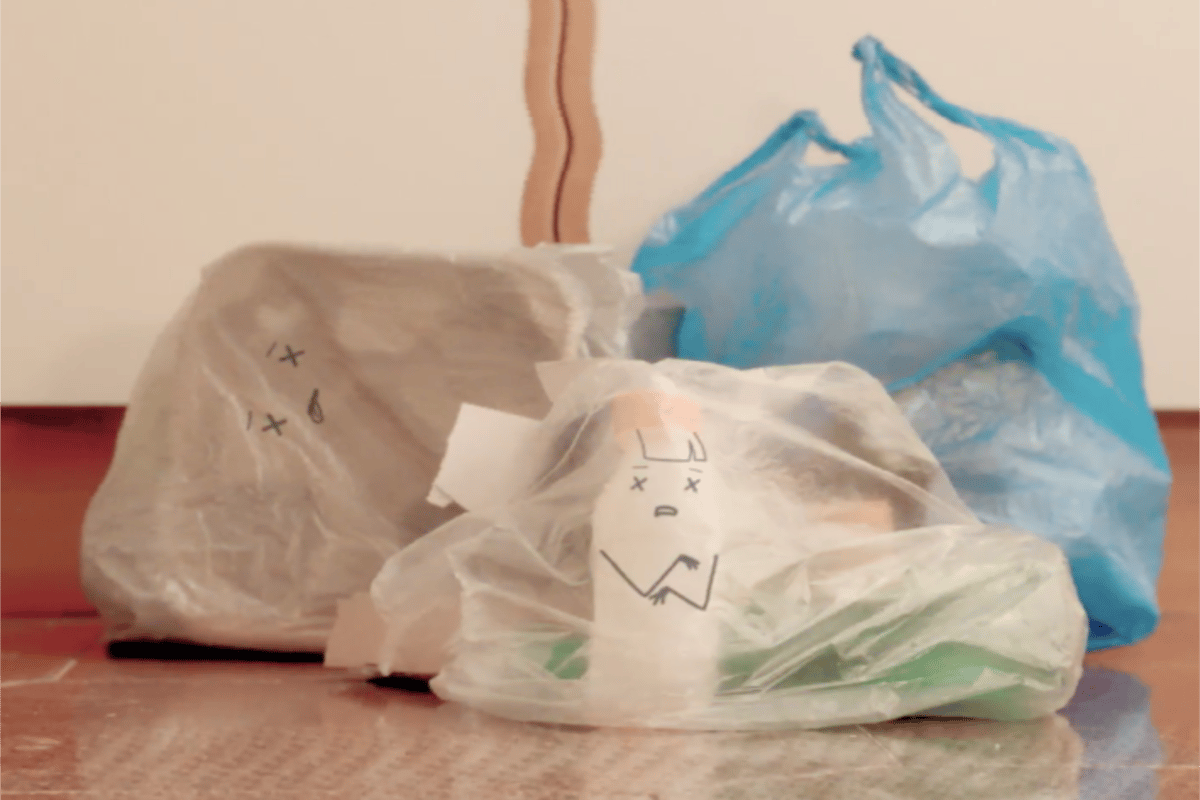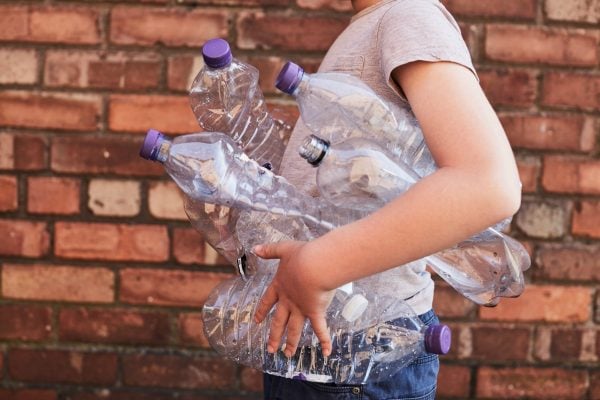

When it comes to recycling, most of us try to make some kind of effort.
In this new age of the post-plastic bag ban at Woolworths and Coles, there’s never been a better time to brush up on our environmentally friendly practices not just at the shops, but at home too.
There happens to be one recycling mistake many, many Australian families are still making with plastic bags. And I must admit, I was one of them until recently.
Yes, it’s that moment when you or someone else uses spare plastic bags to put the other recycling into before popping them into your recycling bin. This can actually cause huge problems once it gets to the recycling station. Who knew?
This is for a number of reasons. For starters, the first phase of recycling is usually done by hand. As workers are sorting through lots of bags per hour, this is an added step that can become incredibly time consuming, and for health reasons they don’t open your plastic bags. At this point, the whole bag full of recycling is actually put into the rubbish stream… which defeats the purpose, really.
The second problem is that plastic bags can also interfere with the automatic recycling sorting machines. This is because conveyor belts feed the recycling into different rotating tunnels that separate some of the most common recycled items, such as plastic, glass and steel cans. The issue is that plastic bags cannot be sorted from the other materials by the machinery. Instead, they get caught up in the conveyor belts and jam that machines.
So it’s easy to see why putting your recycling material into plastic bags before they go in the recycling bin is wreaking such havoc. According to 2015 Ipsos data, 94 percent of Australians say they “know how to recycle well”, yet 32 percent of us still bag our recyclables. The good news is, there are things we can do to avoid this from happening.





























































































